Manhattan NY: E-Waste Recycling for a Sustainable Future
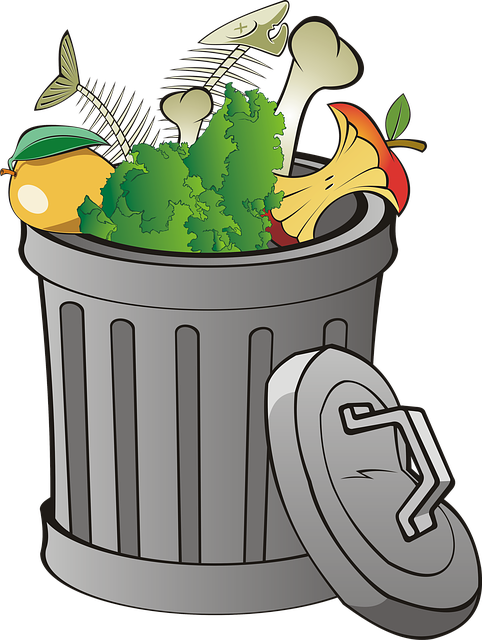
Manhattan NY faces a significant e-waste challenge due to high technology generation rates. Initiatives like office equipment recycling and e-cycle ev…….
In the heart of New York City, Manhattan stands as a global hub for innovation and sustainability initiatives, including one that has gained significant attention: e-waste recycling. This article delves into the intricate world of Manhattan’s e-waste management system, exploring its processes, impact, and significance in addressing one of the world’s most pressing environmental challenges. By examining various facets, from technological advancements to policy frameworks, we aim to provide an insightful guide that highlights the complex journey of transforming electronic waste into valuable resources.
Definition:
E-waste recycling in Manhattan refers to the systematic collection, processing, and reclamation of electronic byproducts, including computers, smartphones, appliances, and lighting equipment. This process involves disassembling, sorting, and refining materials to extract valuable components for reuse or recycling, thereby reducing environmental pollution and resource depletion.
Key Components:
Historical Context:
Manhattan’s e-waste recycling efforts have evolved over the past decade, driven by increasing electronic device usage and growing awareness of e-waste’s environmental consequences. The city’s ambitious sustainability goals, such as becoming carbon neutral by 2050, have further propelled these initiatives. Initial programs focused on collecting and transporting e-waste to out-of-state recycling facilities. However, a shift towards in-house processing and advanced technologies has occurred, ensuring more sustainable and economically viable practices.
Significance:
The implementation of efficient e-waste recycling systems in Manhattan holds multiple benefits:
International Influence:
Manhattan’s e-waste recycling practices have gained international recognition as a model for urban sustainability. Cities worldwide are adopting similar strategies, leveraging the success of Manhattan to develop efficient, cost-effective, and environmentally friendly e-waste management systems.
Global E-Waste Generation and Recycling Trends:
Regional Variations:
Market Dynamics:
The global e-waste recycling market is experiencing growth, driven by the increasing volume of electronic devices and rising environmental awareness. Manhattan’s e-waste program contributes to this market by providing a steady supply of recycled materials and fostering innovative technologies.
Investment Patterns:
Economic Impact:
Infrared Sorting Technology:
This innovative system uses infrared light to identify different materials based on their thermal properties, enabling faster and more accurate sorting during disassembly.
Automated Shredding and Separation:
Robotic systems equipped with advanced sensors can efficiently shred e-waste and separate metals, plastics, and other components, increasing processing capacity and reducing labor costs.
Hydro-Metal Recycling:
A clean and efficient method for extracting precious metals from electronic devices using water and chemicals, minimizing environmental impact compared to traditional smelting methods.
Artificial Intelligence (AI) Integration:
AI algorithms can optimize recycling processes by predicting material composition, improving sorting accuracy, and enhancing overall efficiency.
Blockchain for Supply Chain Transparency:
Implementing blockchain technology ensures transparency in the movement of recycled materials, preventing theft and ensuring they enter the supply chain ethically and responsibly.
Key Policies:
Regulatory Frameworks:
Influence on Development:
Robust policies and regulations play a pivotal role in shaping Manhattan’s e-waste recycling landscape:
Main Challenges:
Criticisms and Proposed Solutions:
Case Study 1: Manhattan’s Community-Based E-Waste Program
In 2018, the Lower East Side Community Center launched a pilot e-waste collection program in collaboration with local businesses and non-profit organizations. The initiative focused on engaging residents through educational workshops and offering convenient drop-off points. Results showed a 35% increase in e-waste participation rates within six months, with over 10 tons of materials recycled or reused.
Case Study 2: Advanced Recycling Facility in Brooklyn
The City of New York partnered with a private recycling company to establish a state-of-the-art e-waste processing facility in Brooklyn. Utilizing advanced technologies, the plant processes up to 50 tons of e-waste daily, recovering valuable materials at high purity levels. This facility has become a model for efficient urban recycling, attracting international attention and investment.
Lessons Learned:
Emerging Trends:
Growth Areas:
Strategic Considerations:
Manhattan NY e-waste recycling serves as a shining example of how urban centers can lead the charge in addressing one of the world’s most pressing environmental challenges. Through a combination of advanced technologies, robust policies, community engagement, and innovative business models, Manhattan has made significant strides in transforming e-waste into valuable resources. As global e-waste volumes continue to grow, the lessons learned from Manhattan’s experience will be invaluable for cities worldwide seeking to develop sustainable e-waste management strategies.
Q: How can I properly dispose of my old electronics?
A: In Manhattan, you can drop off your electronic waste at designated collection points or participate in periodic e-waste collection events organized by the city or local non-profit organizations. Always check for the latest event schedules and locations.
Q: Are there any benefits to recycling e-waste over just throwing it away?
A: Absolutely! Recycling e-waste reduces environmental pollution by preventing toxic substances from entering soil and water bodies. It also conserves natural resources, generates jobs, and supports a circular economy. Moreover, proper disposal ensures that valuable materials are recovered for reuse.
Q: How does the e-waste recycling process impact the environment?
A: While e-waste recycling is inherently better for the environment than improper disposal, some processes still produce pollutants if not managed properly. However, advancements in technology and strict environmental regulations have significantly minimized these impacts. Responsible recycling ensures that materials are processed safely and sustainably.
Q: What can I do to encourage more efficient e-waste recycling?
A: You can contribute by participating in local e-waste collection events, advocating for extended producer responsibility policies, and supporting businesses that prioritize sustainable practices. Educating others about the importance of proper e-waste disposal is also valuable.

Manhattan NY faces a significant e-waste challenge due to high technology generation rates. Initiatives like office equipment recycling and e-cycle ev…….
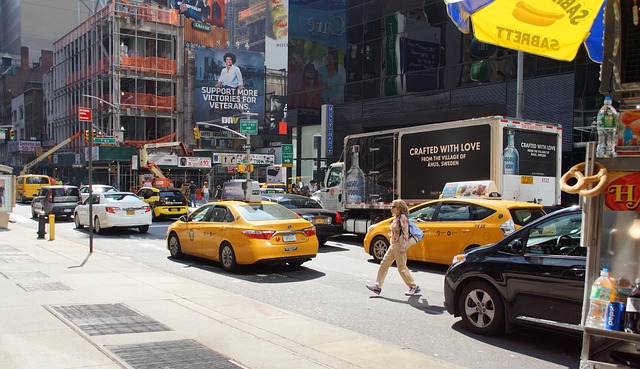
Manhattan, NY, tackles e-waste challenges with diverse recycling locations, specialized centers, and green initiatives, fostering a circular economy a…….

Manhattan NY residents have easy access to responsible e-waste recycling through numerous drop-off locations and community events. Specialized centers…….

Manhattan NY e-waste recycling is vital for keeping pace with the city's tech scene, managing growing electronic waste, and reducing landfill har…….

Manhattan NY e-waste recycling is essential due to the city's tech hub status and constant device turnover. Residents have access to eco-friendly…….
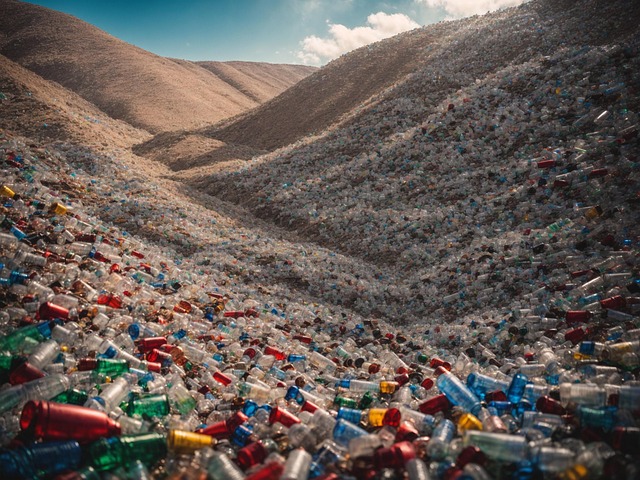
Manhattan NY faces unique e-waste challenges due to high density and tech advancements. Efficient recycling solutions, including free collections and…….
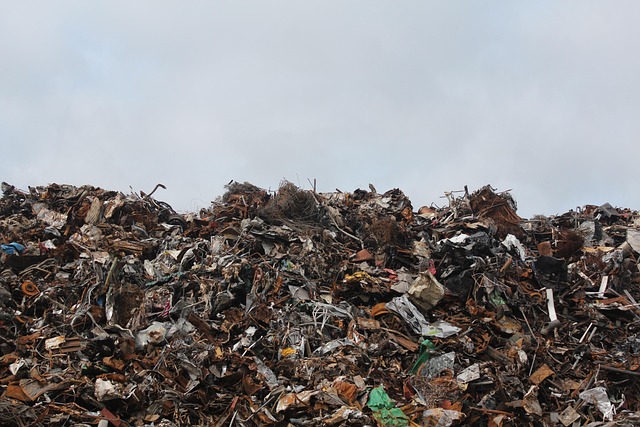
Manhattan's tech culture generates significant e-waste, but dedicated recycling centers in Times Square, Queens, and Wall Street mitigate this im…….
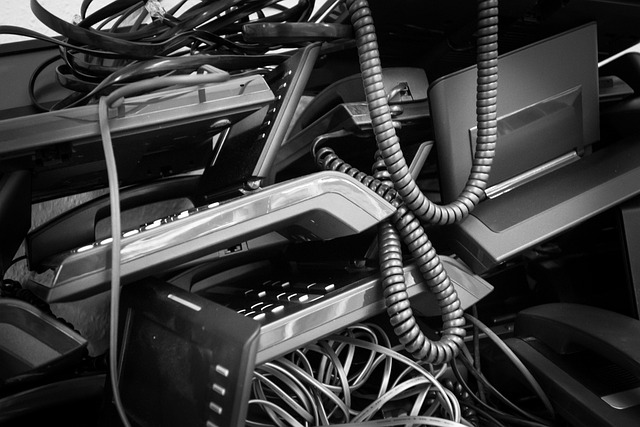
Manhattan NY, a global business hub, has strict data protection laws and e-waste recycling programs. Compliance with GDPR, HIPAA, and local standards…….
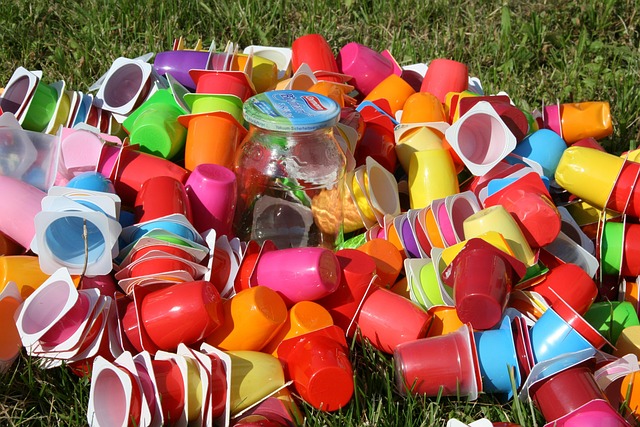
Manhattan NY e-waste recycling programs tackle hazardous electronic waste, particularly old phone batteries, by providing convenient drop-off location…….

Manhattan, New York City, addresses its significant electronic waste (e-waste) issue through various green IT recycling programs tailored to its diver…….